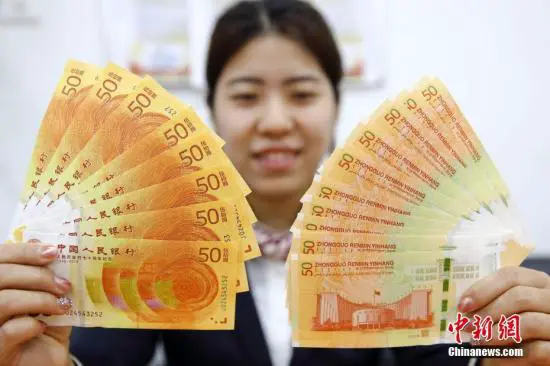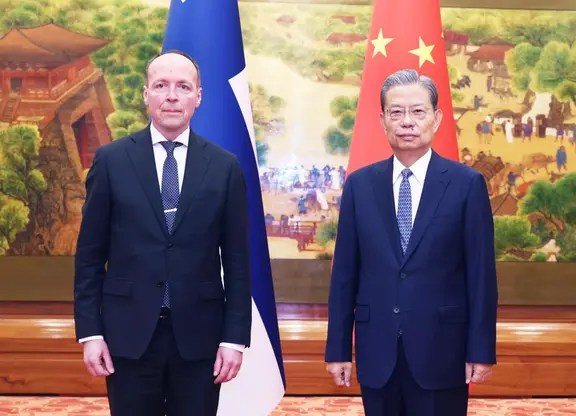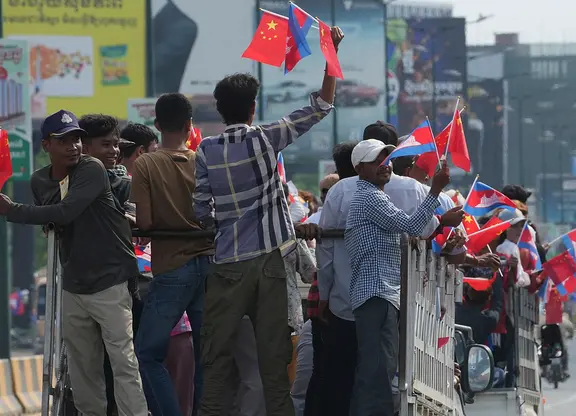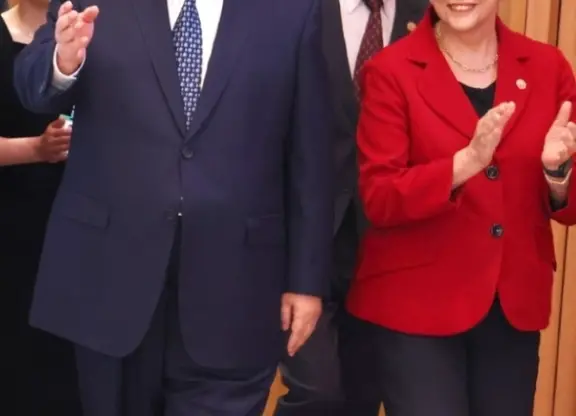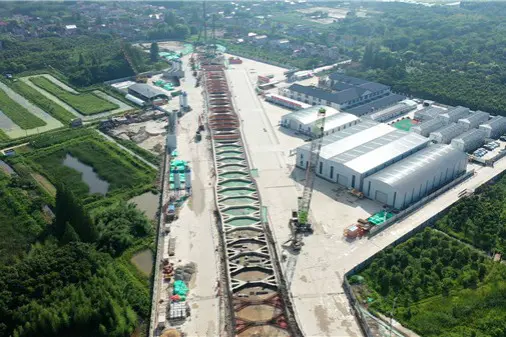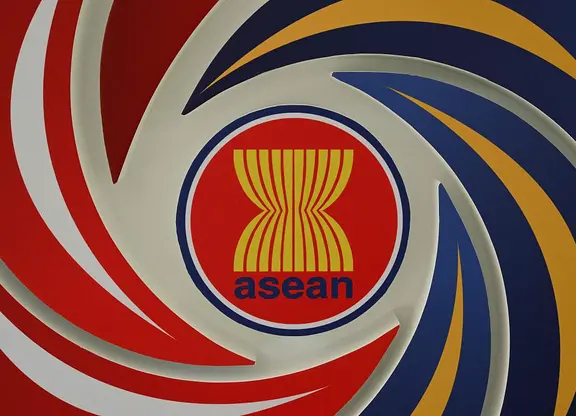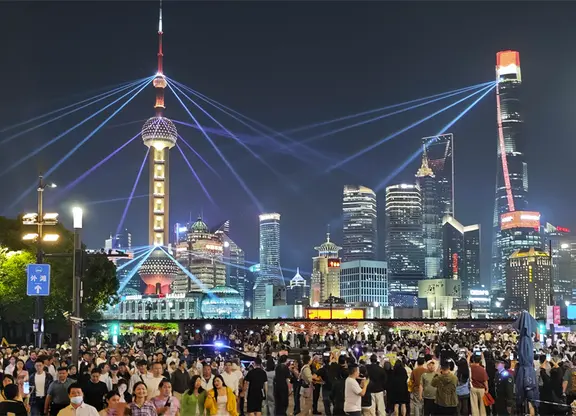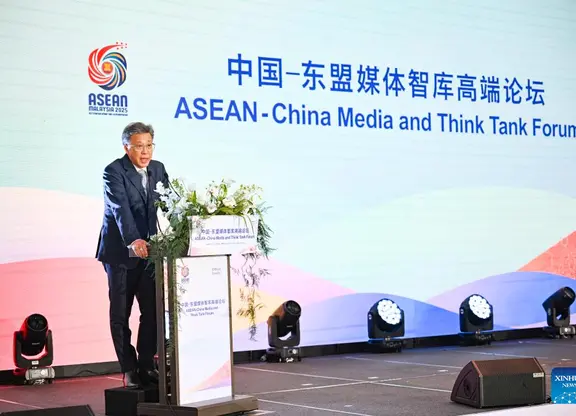An Indian government minister accused of sexual misconduct by at least 12 women has said the allegations are “wild and baseless” and he will take legal action to clear his name.
Mobashar Jawed Akbar, India’s junior foreign minister, returned from government business in Nigeria on Sunday to face mounting allegations he harassed or abused employees during his previous career as a journalist and editor.
“The allegations of misconduct made against me are false and fabricated, spiced up by innuendo and malice,” he said in a statement on Sunday. “Accusation without evidence has become a viral fever among some sections. Whatever be the case, now that I have returned, my lawyers will look into these wild and baseless allegations in order to decide our future course of legal action.”
Akbar, 67, is one of the highest-profile figures to be named in the past fortnight as part of a wave of sexual misconduct allegations by Indian women that activists are calling the belated arrival of India’s #MeToo moment.
He had been silent since the first accusation surfaced on Tuesday, when the journalist Priya Ramani claimed Akbar was the unnamed editor she had described sexually harassing her in a 2017 article for Vogue.
At least 11 other women have come forward in the week since, the most recent on Friday when Majlie de Puy Kamp, a journalist with CNN in New York, said Akbar forcibly kissed her when she was an 18-year-old intern at his newspaper Asian Age in 2007.
“What he did was disgusting, he violated my boundaries, betrayed my trust,” de Puy Kamp told Huffington Post India.
India’s prime minister, Narendra Modi, has not commented on the allegations but the textiles minister, Smirti Irani, on Thursday called for Akbar “to speak on this issue”. She said: “Anybody who is speaking out should in no way be shamed, anybody speaking out should in no way be victimised or mocked.”
Amit Shah, the president of the ruling Bharatiya Janata party, to which Akbar belongs, indicated on Saturday that the accusations would be looked at. “We will have to see if the allegations are true or false,” he said.
As Akbar prepared to return to India on Sunday, several media outlets reported that he would resign or step aside pending an investigation. Instead he came out fighting, claiming the allegations were part of a political conspiracy before general elections scheduled for the first half of 2019.
“Why has this storm risen a few months before a general election?” he asked. “Is there an agenda? You be the judge.”
More than a dozen Indian journalists, actors and musicians have been accused in the past fortnight of behaviour ranging from making inappropriate advances to violent sexual assault.
Chetan Bhagat, a bestselling author, made a public apology after a woman posted screenshots of a conversation in which he said he was trying to “woo” her. Alok Nath, an actor, has been threatened with expulsion from an industry organisation after he was accused of raping a screenwriter, Vinta Nanda – an allegation he denies.
Akbar has been a prominent figure in Indian public life for decades as an author, the editor of several newspapers, a confidante of the former prime minister Rajiv Gandhi and now as the only Muslim minister in India’s Hindu nationalist government.
How the allegations against him are handled will be seen as an important indicator of whether the current wave of #MeToo accusations will usher in new standards for public figures.
Harinder Baweja, one of the women who has accused Akbar, wrote on Twitter that his response and legal threats were “absurd”. “All the women who tried to deal with the trauma for two to three decades and were now encouraged to share their pain had the general election in mind?” she said.
There are 48 members of parliament across India with cases registered against them relating to crimes against women, a quarter of them members of the BJP, according to statistics from the Association for Democratic Reforms, a thinktank.
(THE GUARDIAN)
 简体中文
简体中文

